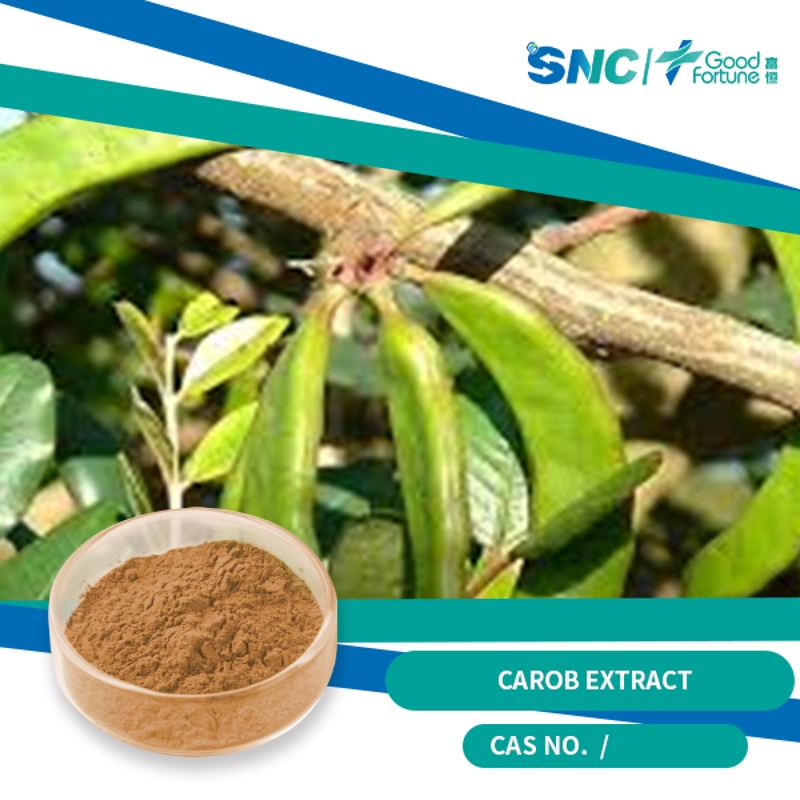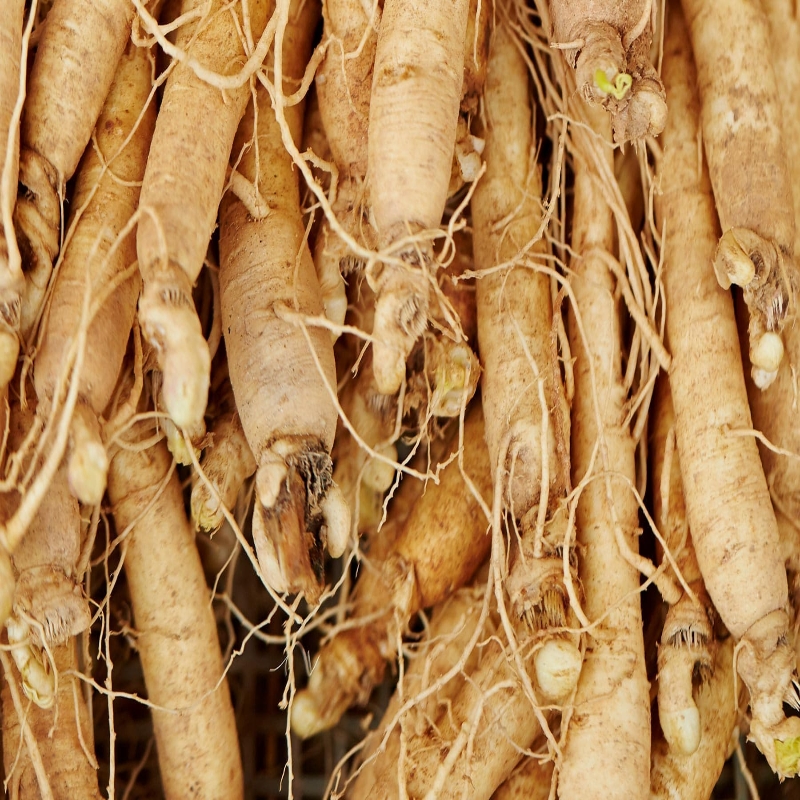-
Categories
-
Pharmaceutical Intermediates
-
Active Pharmaceutical Ingredients
-
Food Additives
- Industrial Coatings
- Agrochemicals
- Dyes and Pigments
- Surfactant
- Flavors and Fragrances
- Chemical Reagents
- Catalyst and Auxiliary
- Natural Products
- Inorganic Chemistry
-
Organic Chemistry
-
Biochemical Engineering
- Analytical Chemistry
-
Cosmetic Ingredient
- Water Treatment Chemical
-
Pharmaceutical Intermediates
Promotion
ECHEMI Mall
Wholesale
Weekly Price
Exhibition
News
-
Trade Service
Softwoods or gymnosperms, which make up 60% of the forested areas of the world, are economically important as a source of lumber, pulp, and paper. Reforestation is a major activity worldwide and the potential benefits of using clonal planting stock have long been recognized. Tissue culture clonal methods or micropropagation is a newer approach that can be achieved by enhancing axillary bud breaking, production of adventitious buds (organogenesis), and somatic embryogenesis. Plantlet production via organogenesis requires at least four stages: (1) bud induction on the explant, (2) shoot development and multiplication, (3) rooting of developed shoots, and (4) hardening of plantlets. Similarly, the production of plantlets via somatic embryogenesis, which has the potential to produce a larger number of plantlets, and in a shorter period of time, also requires several stages. These include (1) induction, maintenance, and proliferation of embryogenic tissue; (2) maturation (both morphological and physiological) of somatic embryos; and (3) germination and conversion of the somatic embryos. In this chapter, plantlet production via organogenesis from seedling and adolescent/mature explants and somatic embryogenesis from immature and mature seeds of white spruce (
Picea glauca
) are outlined.







